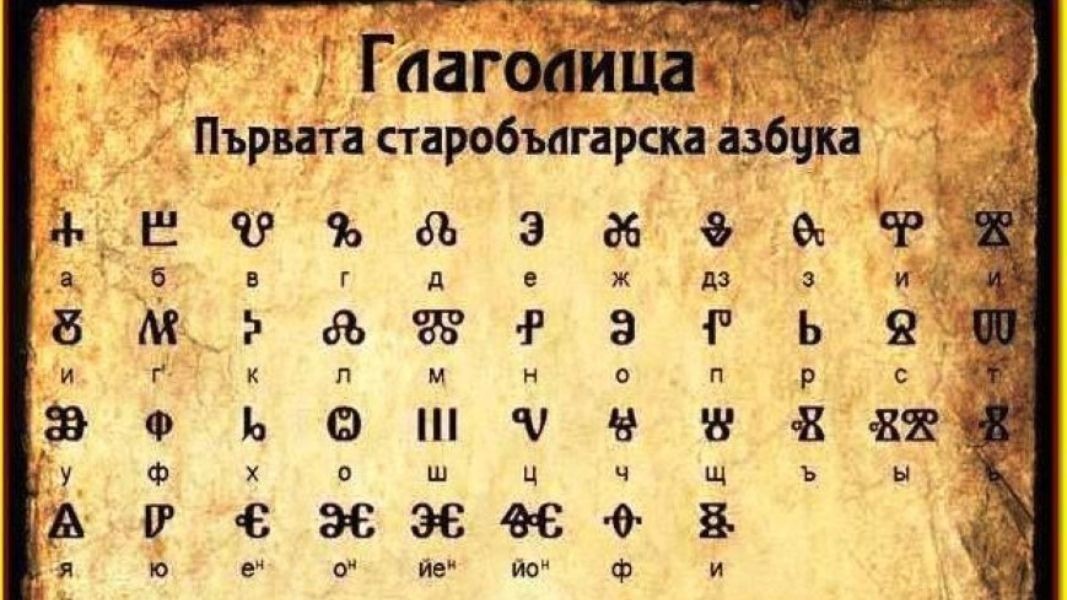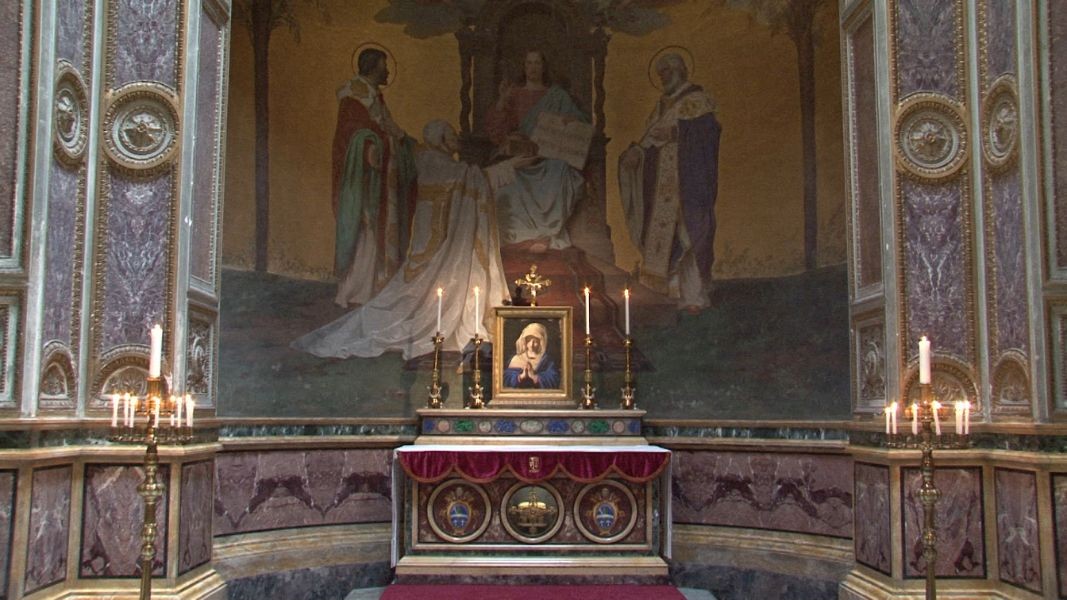On May 11, the Bulgarian Orthodox Church honours the memory of the Holy Equal-to-the Apostles and Co-Patrons of Europe Sts. Cyril and Methodius, creators of the original Bulgarian alphabet - the Glagolitic alphabet known in Bulgarian as Glagolitsa.

The first written notices of the tribute to the Thessalonian brothers Cyril and Methodius on May 11 in Bulgarian National Revival period literature are found in Neofit Rilski's 1852 "Christomatija slavyanskogo yazaka" (Collectanea of the Slavic language).

Photos: BGNES, Alexandra Delova
A unique statue from the Roman period of Odessos, preliminarily dated to the late 2nd to the first half of the 3rd century, has been discovered during excavation works near the train station in Varna, said archaeologists from the Varna Regional..
Petrich municipality has received an award for original promotion of the tourist destination Heraclea Sintica , Katya Stoyanova, head of the "Restoration, conservation and socialization of Heraclea Sintica" project, said this for BTA. The award..
What was the animal world like in the region of what is today the town of Trun more than 80 million years ago – that is the question paleontologists from the Bulgarian Academy of Sciences’ National Museum of Natural History have been trying to answer...
105 years ago, on November 27, 1919, a treaty was signed in the Parisian suburb of Neuilly-sur-Seine, officially ending Bulgaria's..

+359 2 9336 661
